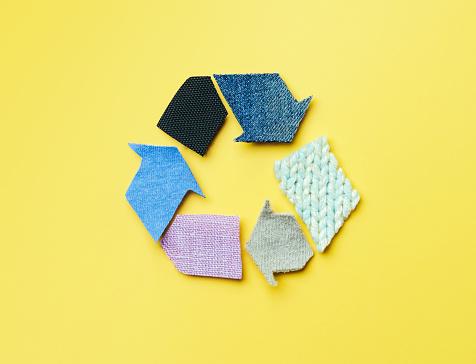
The EU Strategy for Sustainable and Circular Textiles addresses the production and consumption of textiles, whilst recognising the importance of the textiles sector. It implements the commitments of the European Green Deal, the Circular Economy Action Plan and the European industrial strategy.
Textiles are the fabric of everyday life - in clothes and furniture, medical and protective equipment, buildings and vehicles. However, urgent action is needed as their impact on the environment continues to grow. EU consumption of textiles has, on average, the fourth highest impact on the environment and climate change, after food, housing and mobility. It is also the third highest area of consumption for water and land use, and fifth highest for the use of primary raw materials and greenhouse gas emissions.
The Strategy looks at the entire lifecycle of textile products and proposes coordinated actions to change how we produce and consume textiles.



